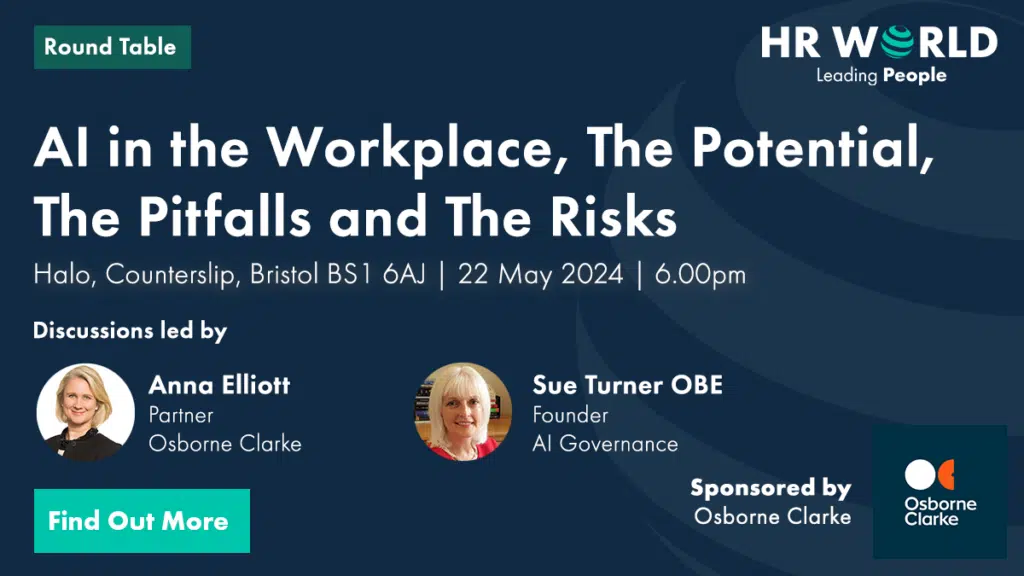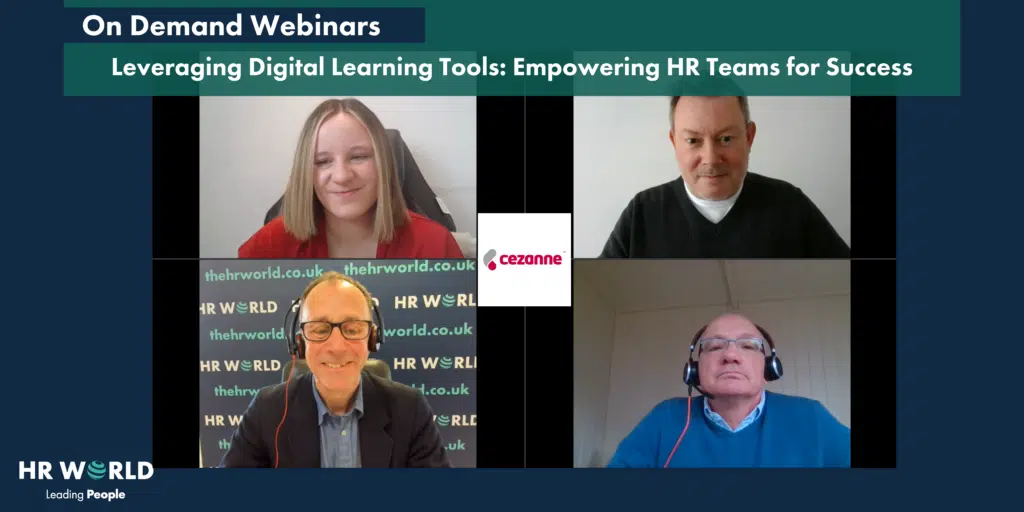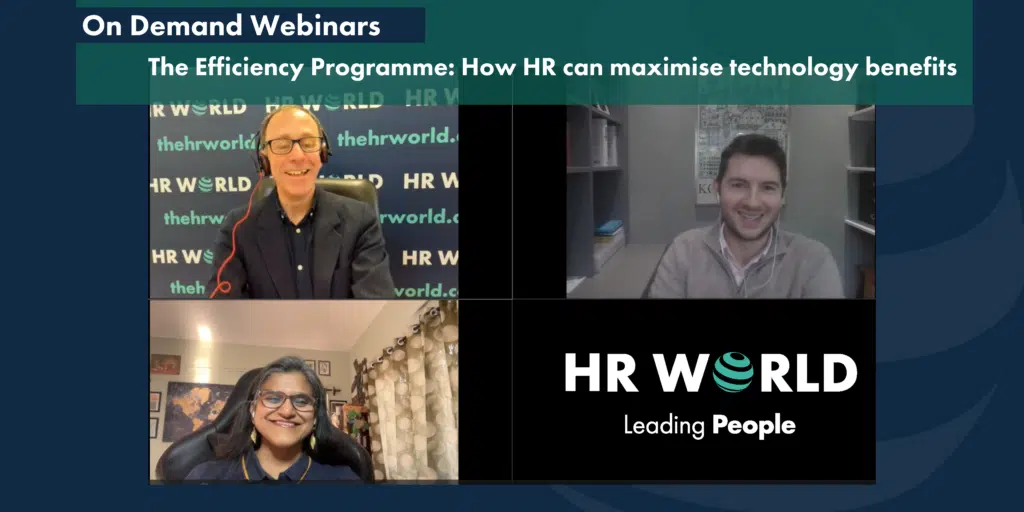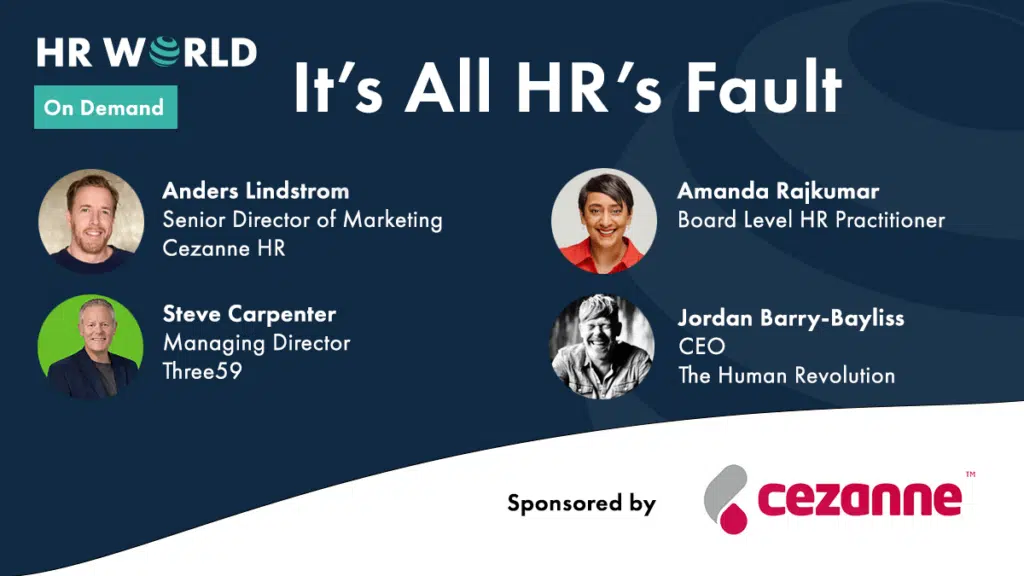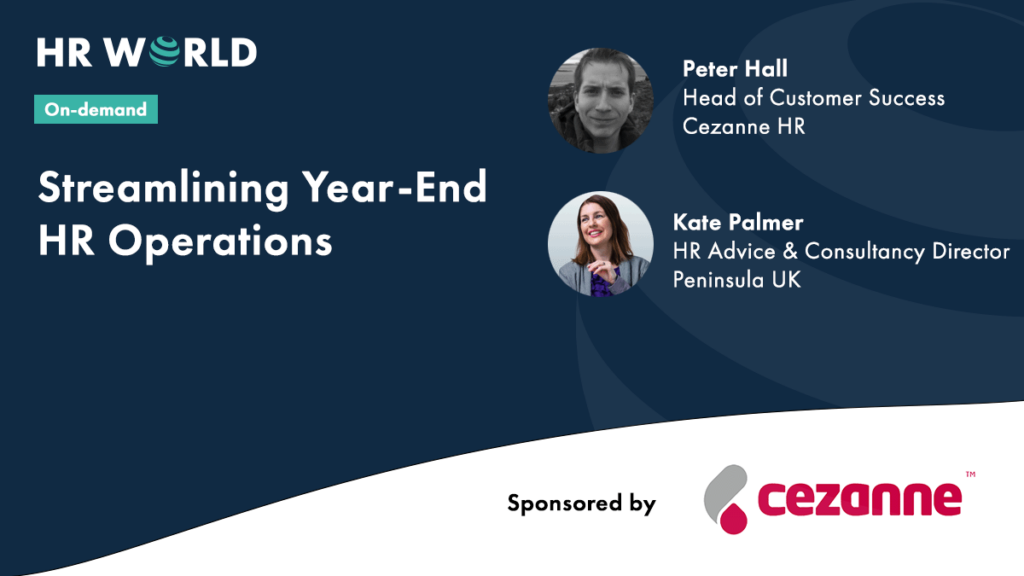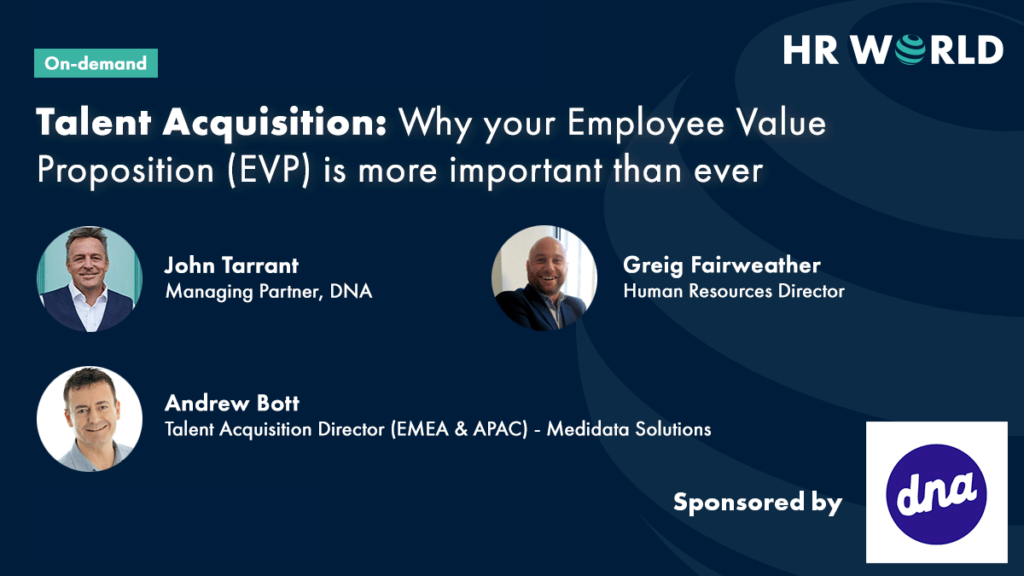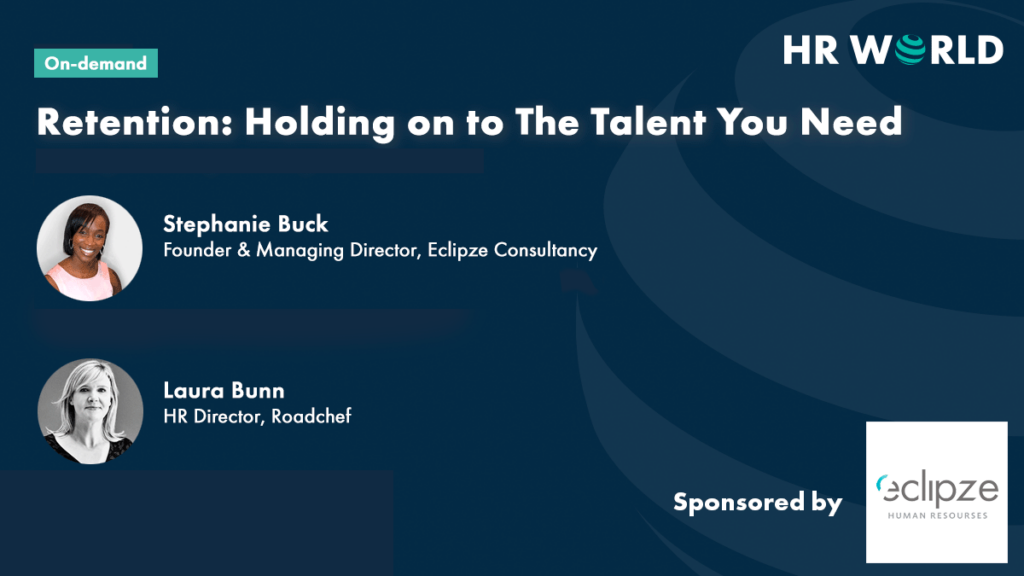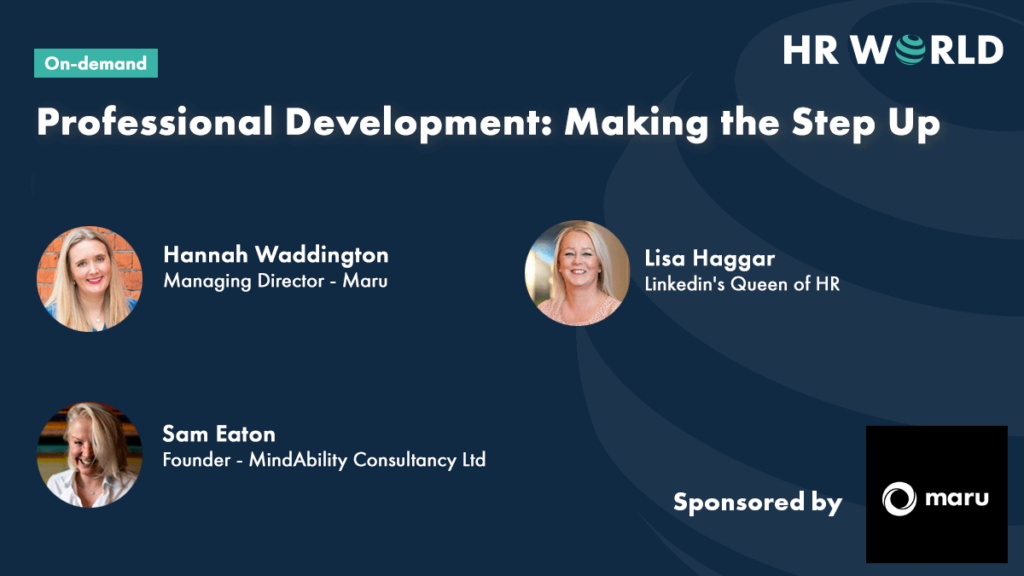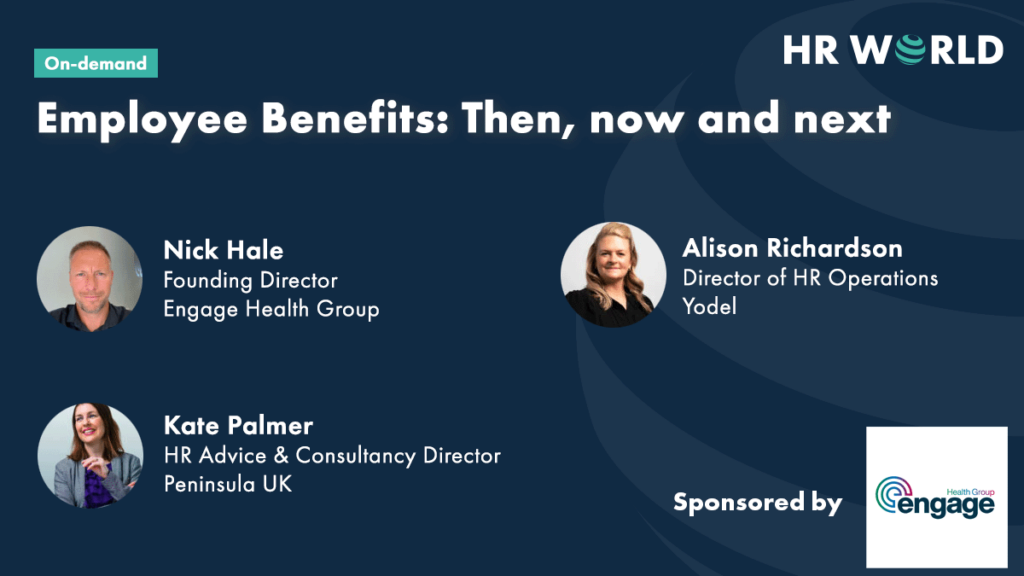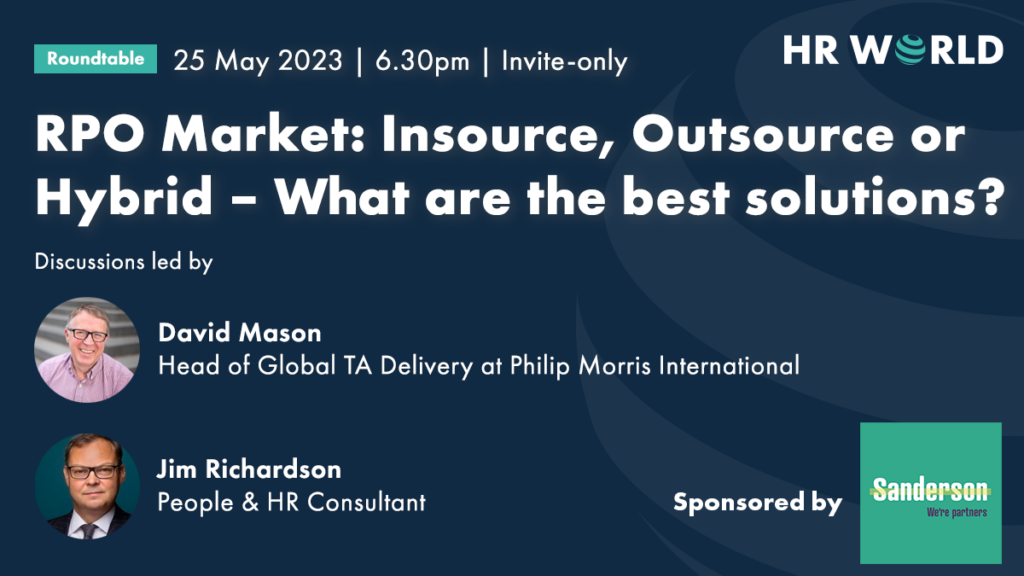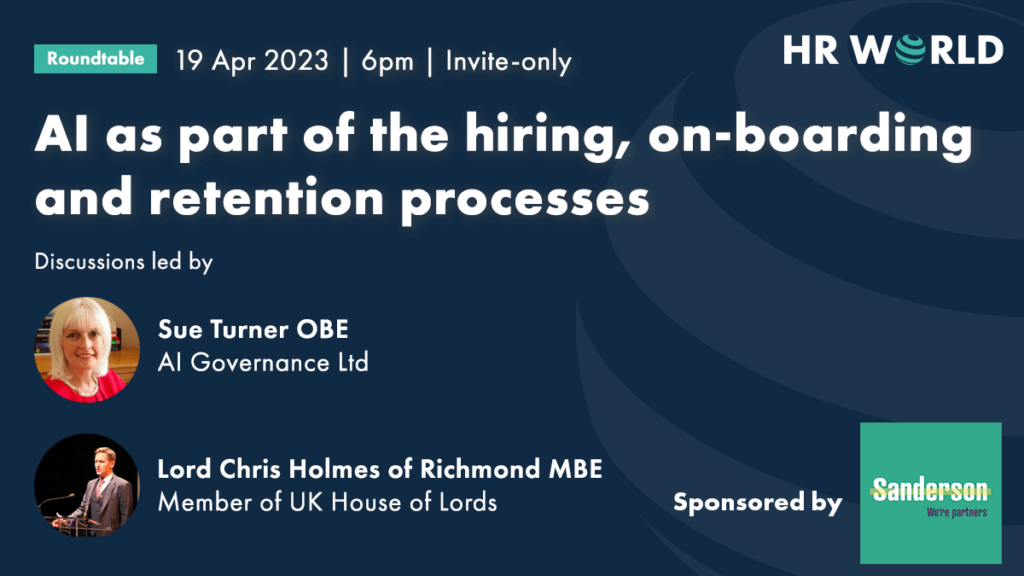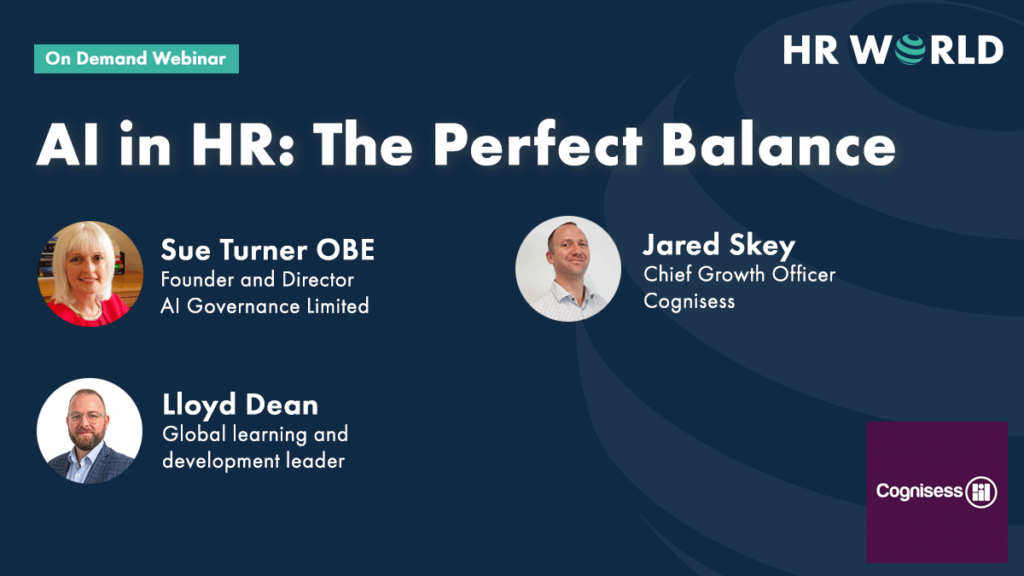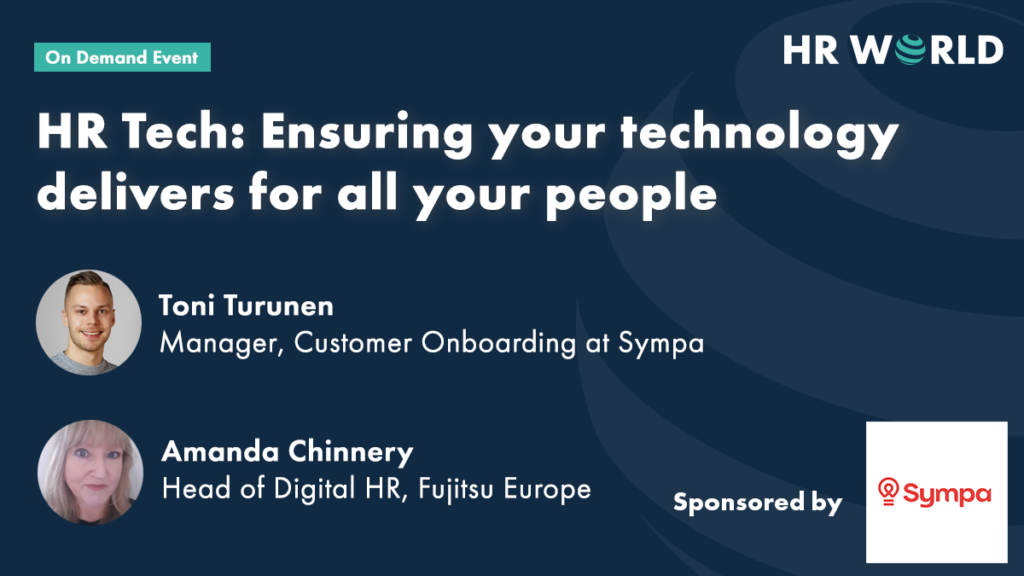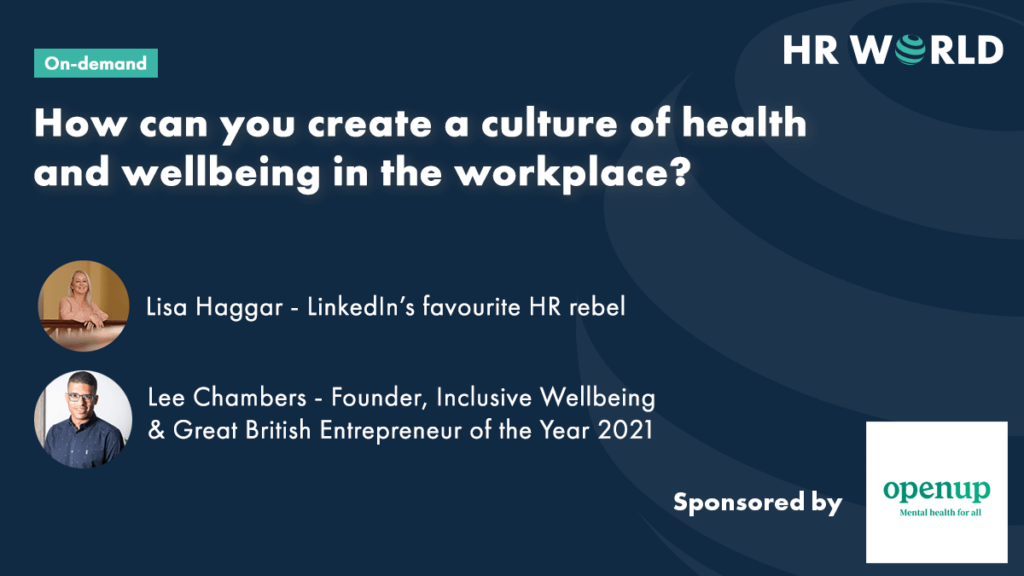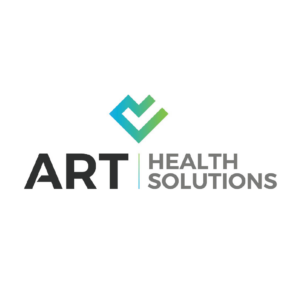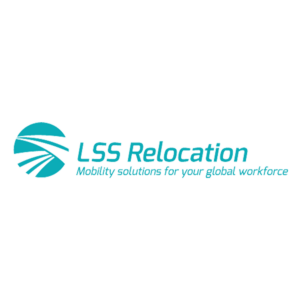Home » Knowledge Hub » HR Strategy, HR Tech and Data » How to make the most of HR tech in 2020: new systems developments and strategic connections
How to make the most of HR tech in 2020: new systems developments and strategic connections
10 October 2019 HR Strategy HR Tech and Data

As part of our Tech in 2020 series, Alan Bourne, Founder & CEO, Sova Assessment, says that linking the systems and processes together is key to delivering business outcomes
There is a growing maturity in the HR tech market from buyers who are focusing on precisely what business outcome they’re trying to solve through effective talent management solutions. One of the key issues HRDs face currently as they source products and services that deliver elements of the HR function is fragmentation. Although we have successfully moved from analogue to lots of high-tech point solutions that solve for particular problems, these don’t currently link together to deliver business outcomes or strategic focus.
A proliferation of core HR systems at the macro level will probably continue, but with less interest from HRDs in having a plethora of “bits and pieces” plugin solutions, and greater interest in a smaller number of broader plugins that integrate with their core HR system, enabling these macro systems to become data-led and much more strategic. The explosion of HR tech we have seen over the past half-decade or so will begin to narrow down again, to deliver robust solutions.
For example, in the assessment space, in practice this means moving away from a fragmented and convoluted world involving different tools for screening or psychometrics, perhaps a separate video interview tool, and then often interviews or assessment centres conducted on paper. Instead, a unified platform delivering targeted content will join up this process and integrate fully with the organisations core HR system (for example Workday or Success Factors).
So, a greater focus from the market on business outcomes – beyond the “we must be digital” – will mean that in 2020 there is likely to be an enhanced view of what a product needs to do to deliver value. We believe this has to go hand in hand with linked up platforms that deliver data and analytics across the talent management cycle, enabling a 360o view on the employee journey and what it means for business growth.
Within the wider social challenge of addressing social inclusion and mobility, the specific diversity issues that are linked to that in terms of characteristics such as gender, neurodiversity, ethnicity, age, are becoming increasingly important to incorporate fairly into HR tech solutions. Organisations want to be seen as a fair and equitable employer, and also want to get access to the best talent possible.
Another key deliverable that we’ll see in product offerings in 2020 is ensuring legal compliance. We have to be doing a good job of making sure the solutions not only work really well within an organisation but are delivering against external standards at the same time. We should be able to deliver innovation without taking huge risk and the market expectation will reflect that. For example, it is possible to have a great AI driven solution that uses machine learning to support legal compliance and ensure the organisation does not risk ending up in court, but also delivers gains against business objectives.
AI has massive potential to power data and analysis. In order to program algorithms to effectively analyse assessment data for example, this needs to link to data relating to performance, L&D and promotions to better recruit for success. However, this must be responsible AI with the HR function having a critical role as guardian of ethics and good practice in the organisation to ensure technology is applied with these requirements at the forefront. An increased demand for this joined-up data will also mean some point solutions in certain areas will finally be digitalised, such as face-to-face interviews and CV screening.
2020 should start to deliver tech solutions that are outcomes driven, compliant, joined-up and strategic. HRDs will be able to optimise process, deliver cost savings, increase diversity and improve speed to hire and quality of hire, and at the same time ensure legal compliance. The HR dream that is fast becoming reality.



